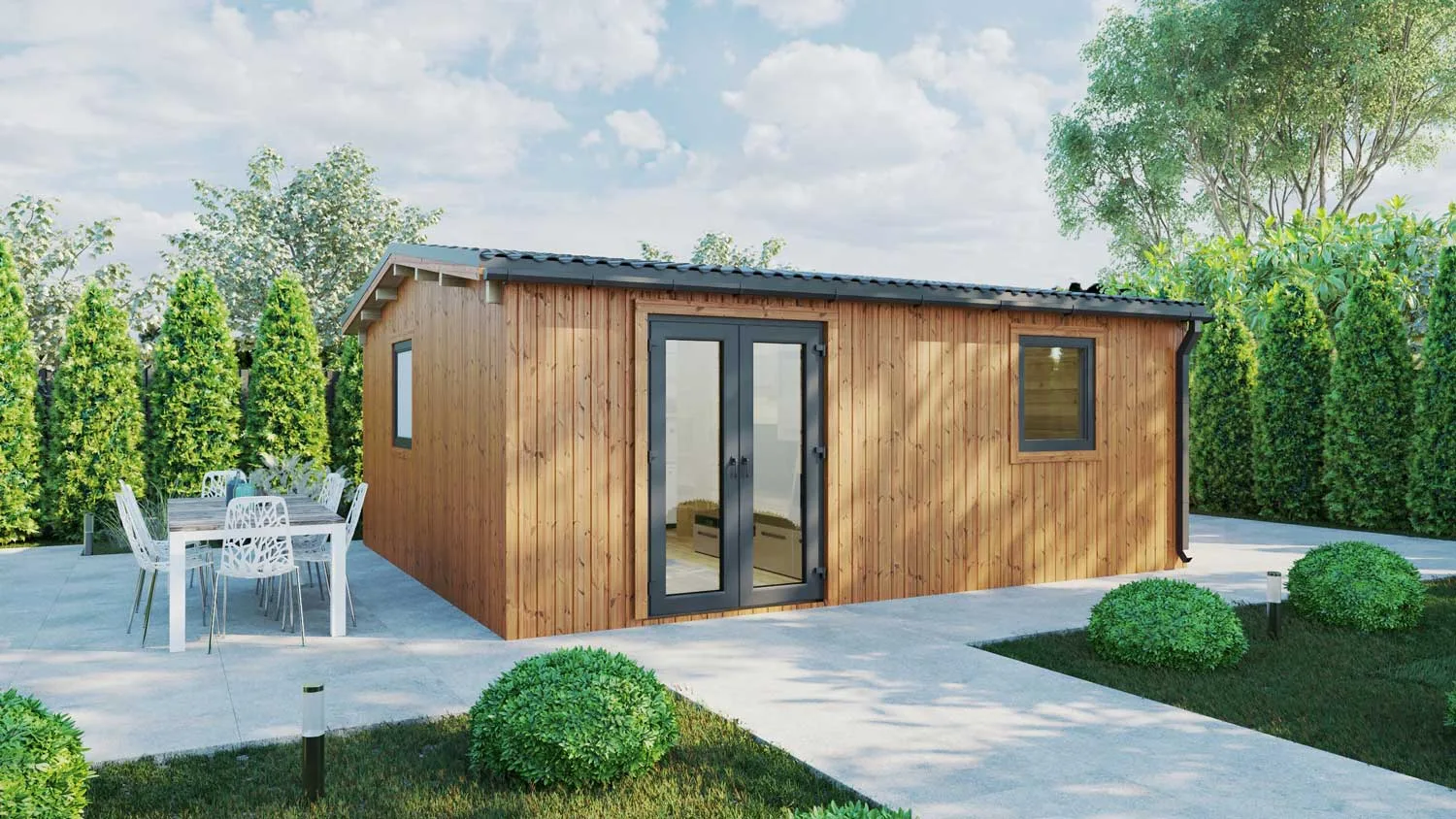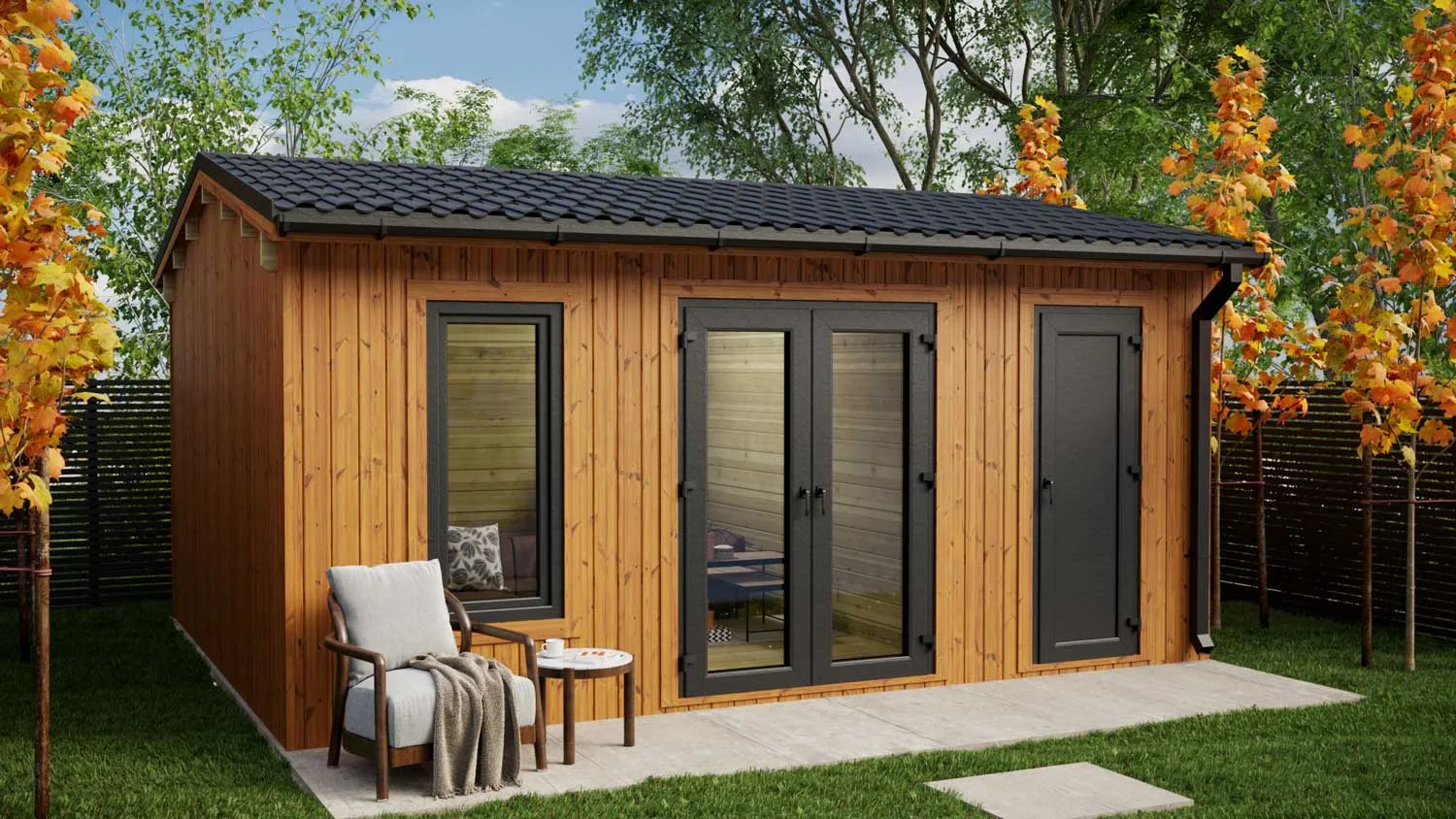Table of Contents
- A New Era for British Homebuyers
- What Are Flat Pack Homes and Modular Homes?
- Traditional Home Construction in the UK
- Cost Comparison: Flat Pack vs. Traditional Homes
- Time Comparison: Speed of Construction
- Quality, Durability, and Customisation
- Planning Permission and Regulations
- Living Experience and Features
- Environmental and Sustainability Considerations
- Choosing the Right Home for You
- Building Your Dream Home in the UK
A New Era for British Homebuyers
Imagine waking up in your dream home—built to your exact needs, finished in weeks, not years. For many British homeowners, this vision is now a reality thanks to flat pack and modular homes, which are transforming the way people think about house UK options. Whether you’re seeking a bespoke modular home, a cosy pod, or a spacious family residence, the choice between flat pack and traditional builds is more relevant than ever.
What Are Flat Pack Homes and Modular Homes?
Flat-pack homes, together with modular homes, represent factory-made residential structures which arrive at construction sites through sectioned deliveries or complete pre-assembled kits. The controlled factory environment where these prefabricated houses are built provides better quality control and efficiency than traditional construction methods. The manufacturing process of modular homes requires precise engineering to create components including structural timbers and windows and doors according to exact specifications for prefabricated houses.
The main characteristics of these homes consist of:
- Bespoke modular homes tailored to your specific needs.
- The construction of timber frame houses utilises slow-growing Scandinavian pine wood for its durable properties.
- The energy-efficient modular homes feature insulation combined with modern ventilation systems and double-glazed windows to protect against British weather conditions.
- Factory-built for speed and consistency.
- Turnkey solutions that include everything from design to installation.
The flat pack and modular home market provides various choices between budget-friendly and high-end options which can be customized to fit 2 bed, 3 bed or 4 bed floor plans according to your needs.
Traditional Home Construction in the UK
The construction of traditional homes takes place entirely at the building site through conventional building materials and construction techniques. The entire construction process from foundation work to interior finishing depends on weather conditions and logistical delays.
Traditional construction methods include the following essential elements:
- The entire construction process takes place at the building site which makes the project dependent on weather conditions and results in longer construction time.
- The planning permission requirement applies to both traditional and modular homes yet traditional builds often need a more detailed and prolonged application process.
- The construction process depends on skilled tradespeople, yet the final product quality of modular houses depends on the builder’s expertise.
- Traditional homes allow extensive customisation yet construction modifications during the building process create delays and additional expenses.
Cost Comparison: Flat Pack vs. Traditional Homes
One of the most compelling reasons British buyers consider flat pack and modular homes is the significant cost savings compared to traditional builds. Here’s a detailed comparison based on Loghouse UK’s latest pricing and typical traditional build costs.
| Home Type | Typical Cost Range (Loghouse Example for Prefabricated Homes) | Traditional Build Cost Range | Notes |
|---|---|---|---|
| 2 Bed Flat Pack/Modular | £32,000–£42,000 | £200,000–£300,000 for prefabricated homes. | Loghouse prices vary by size and upgrades |
| 3 Bed Flat Pack/Modular | £42,000–£75,000 | £250,000–£350,000+ | Includes assembly and key features |
| 4 Bed Flat Pack/Modular | £52,000–£96,000 for a garden room or modular home. | £300,000–£400,000+ | Premium options available |
Additional costs to consider:
- The construction of foundations for both types of homes needs to be solid, but modular homes use basic foundation systems that cost less to prefabricate.
- Standard insulation quality in modern modular homes is included in the initial construction.
- The standard window and door options in modular homes are premium and energy-efficient.
- The finishing process and upgrade options for both types are possible but modular homes provide cost estimates that are more accurate.
- The initial construction of modular homes includes sustainable features which reduce waste and increase energy efficiency.
Time Comparison: Speed of Construction
Speed is a major advantage of flat pack and modular homes. Here’s how the timelines compare for prefabricated houses.
| Home Type | Estimated Build Time (Flat Pack/Modular) | Estimated Build Time (Traditional) |
|---|---|---|
| 2 Bed | 4–8 weeks | 6–12 months |
| 3 Bed | 6–12 weeks | 9–18 months |
| 4 Bed | 8–16 weeks | 12–24 months |
Why are modular homes built much quicker?
- Factory-built: Most construction happens off-site, unaffected by weather.
- Streamlined process: All components are pre-engineered and ready for assembly.
- The home construction process takes place on-site after the foundation is prepared and it can be completed within days or weeks.
Quality, Durability, and Customisation
Quality assurance: Modular homes are built in a state-of-the-art factory with strict quality control, ensuring that every home meets high standards. The use of premium materials—such as Scandinavian pine—and expert craftsmanship means these homes are built to last.
Durability: Homes are designed to withstand British weather, with features like damp-proof membranes, extra window seals, and robust ventilation systems to properly insulate them. The controlled factory setting means fewer defects and a longer lifespan.
Customisation: Modular homes offer a high degree of customisation. Whether you want a compact pod or a spacious family home, you can tailor the design to your specific needs. Loghouse UK’s team of designers and architects can help you create your dream modular home, with options for bespoke layouts, finishes, and features.
Planning Permission and Regulations
The UK building regulations require both flat pack and traditional homes to obtain planning permission. The planning process for modular homes becomes less complicated because numerous designs already have pre-approved status and fulfil all building regulations.
Loghouse UK’s Expertise: Loghouse have seen 100’s of our customers obtain planning permission for their homes, so we know a thing or two about this area! Our turnkey service can take care of everything, from initial design to final installation.
Living Experience and Features
Living space: Modern modular homes offer comfortable living spaces through their efficient floor designs and abundant natural illumination. The typical features of these homes consist of open-plan kitchens combined with spacious bedrooms and modern bathrooms.
The design of modular homes includes energy-efficient features, which include high-performance insulation together with double/triple-glazed windows and advanced ventilation systems. The combination of these features reduces energy expenses while maintaining a healthier indoor space.
At Loghouse UK, we have our showrooms in Ireland & the UK, which allow customers to view various models and inspect the quality of our build materials whilst having the opportunity to consult with our teams of experts about your individual requirements.
Environmental and Sustainability Considerations
Sustainable living: Modular homes are an eco-friendly choice. The factory-built process reduces waste, and the use of sustainable materials—like FSC-certified timber—minimises environmental impact. Energy-efficient features further reduce your carbon footprint.
Factory benefits of prefabricated homes include reduced waste and faster build times. Building in a controlled environment means less material waste, better quality control, and more efficient use of resources. Offcuts and sawdust are repurposed, ensuring nothing goes to waste.
Choosing the Right Home for You
The decision between flat pack and traditional homes depends on several key factors.
- Modular homes provide substantial cost savings to buyers.
- The construction process of modular homes in the UK takes significantly less time from start to finish than traditional homes.
- Factory-built homes provide outstanding quality together with extended durability.
- The customisation process works for both options yet modular homes deliver consistent results.
- Sustainability: Modular homes are more eco-friendly.
At Loghouse UK, we provide customers with various modular home choices that span from budget-friendly to high-end models while handling all aspects from design to installation. The team at Loghouse UK stands prepared to assist you in building your perfect home which meets your requirements and suits British living conditions.
Building Your Dream Home in the UK
Flat-pack and modular homes are revolutionising the British housing market. The speed and affordability of modular construction combined with its high quality and customization options surpass what traditional building methods can deliver. Loghouse UK helps customers achieve their home dreams through their expertise and materials and support services which create durable homes suitable for British weather conditions.
Ever wondered about second-hand log cabins for sale UK? Check out our latest blog post for details.




Leave A Comment